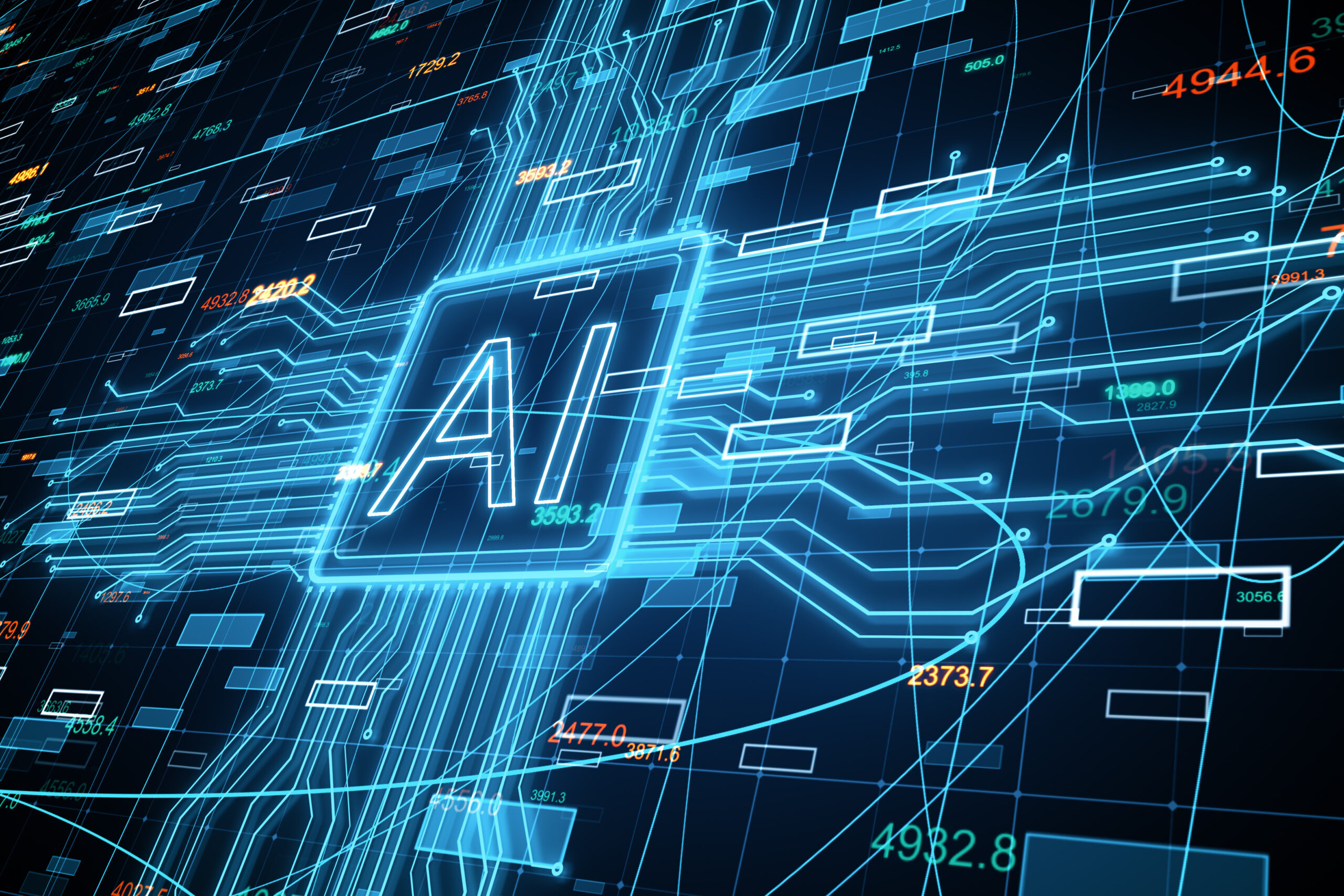By: Editorial Staff, Date: December 11th, 2023
The use of technology to streamline work has also reached the arbitration landscape, where lawyers and arbitrators find ease in their tasks with the assistance of artificial intelligence, commonly referred to as AI. Given the large volume of documents and information that need to be digested and analyzed, employing AI can enhance procedural efficiency and decision-making.

Impact of AI on International Arbitration
Applications of AI in arbitration include:
- Streamlined Document Review
Document review can be an expensive aspect of dispute resolution. Massive documents need to be reviewed, and often, some of the documents that were reviewed are irrelevant. With the use of AI tools, these issues can be addressed. AI also helps increase speed and reduce the cost of review time.
- Efficient Legal Research
AI and machine learning have played a significant role in assisting legal professionals in conducting research and composing legal documents. The process has become quicker as lawyers are directed to relevant case law and citations. With the development of advanced search engines, it is expected that lawyers may be able to automate other aspects of legal research, such as answering complex legal questions and drafting legal notes.
- Predict Cost/Case Outcome
There are AI tools that help predict the cost and outcomes of legal cases. This assists lawyers in analyzing historical data and providing insights into the potential costs and outcomes of the proceedings.
- Automate Transcription and Translation
Arbitration proceedings involve exchanges between parties, witnesses, and arbitrators. Sometimes, there are parties from all over the world, requiring translations. With the help of AI, automated transcription and translation eliminate the need for manual note-taking and enhance the accuracy of the record.
- Select Arbitrators
Selecting the right arbitrator is important. Key points to consider when choosing the right arbitrator include their reputation, feedback, and track record in past cases. AI-driven solutions gather information and feedback about arbitrators, providing recommendations to parties and making it easier for them to choose their arbitrators.
Challenges and Risks
Despite the benefits of adopting AI in international arbitration, it also poses significant risks.
- Risk of data theft and exposure of confidential information.
- Possibility of errors and generation of false data due to improperly functioning AI.
- Potential for bias.
- Reduced transparency and trust in the arbitration process.
- Ethical concerns towards clients and arbitral tribunals.
- Mistranslation that may affect the evidence and integrity of the proceedings.
- Potential impact on the due process and fairness of the arbitration proceedings.
- Possible implications for enforcement issues.
AI as Arbitrators?
Considering that AI is already a part of modern arbitration, the question arises: Will AI replace arbitrators in the future? With AI’s ability to analyze large amounts of data and create more accurate decisions than humans, it is undoubtedly possible that arbitrators may increasingly rely on AI during proceedings. While this can be beneficial, legal professionals should be mindful of the potential risks. It is crucial to regulate the use of artificial intelligence and ensure there remains a human touch in their decisions.
Interested in gaining more insights? Learn more at our webcast: The Future of International Arbitration: What to Expect in 2024 and Beyond
Upcoming Webcasts
Hatch-Waxman Case-Law Developments and New Jersey Practice Insights
Navigating the balance between protecting innovation and ensuring access to affordable medications is crucial. Join our speakers in this CLE webcast as they delve into the intricacies of the Hatch-Waxman Act and its profound impact on the pharmaceutical industry. Designed for legal professionals, pharmaceutical executives, and anyone navigating the complex landscape of drug development, this webinar will provide invaluable insights into leveraging Hatch-Waxman strategies to safeguard intellectual property while ensuring broader access to life-saving medications.


